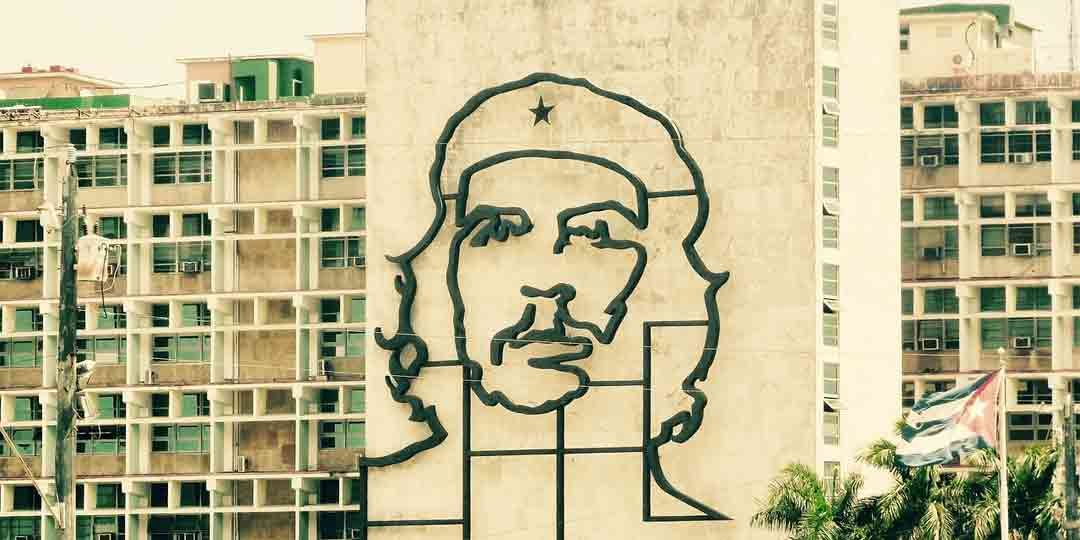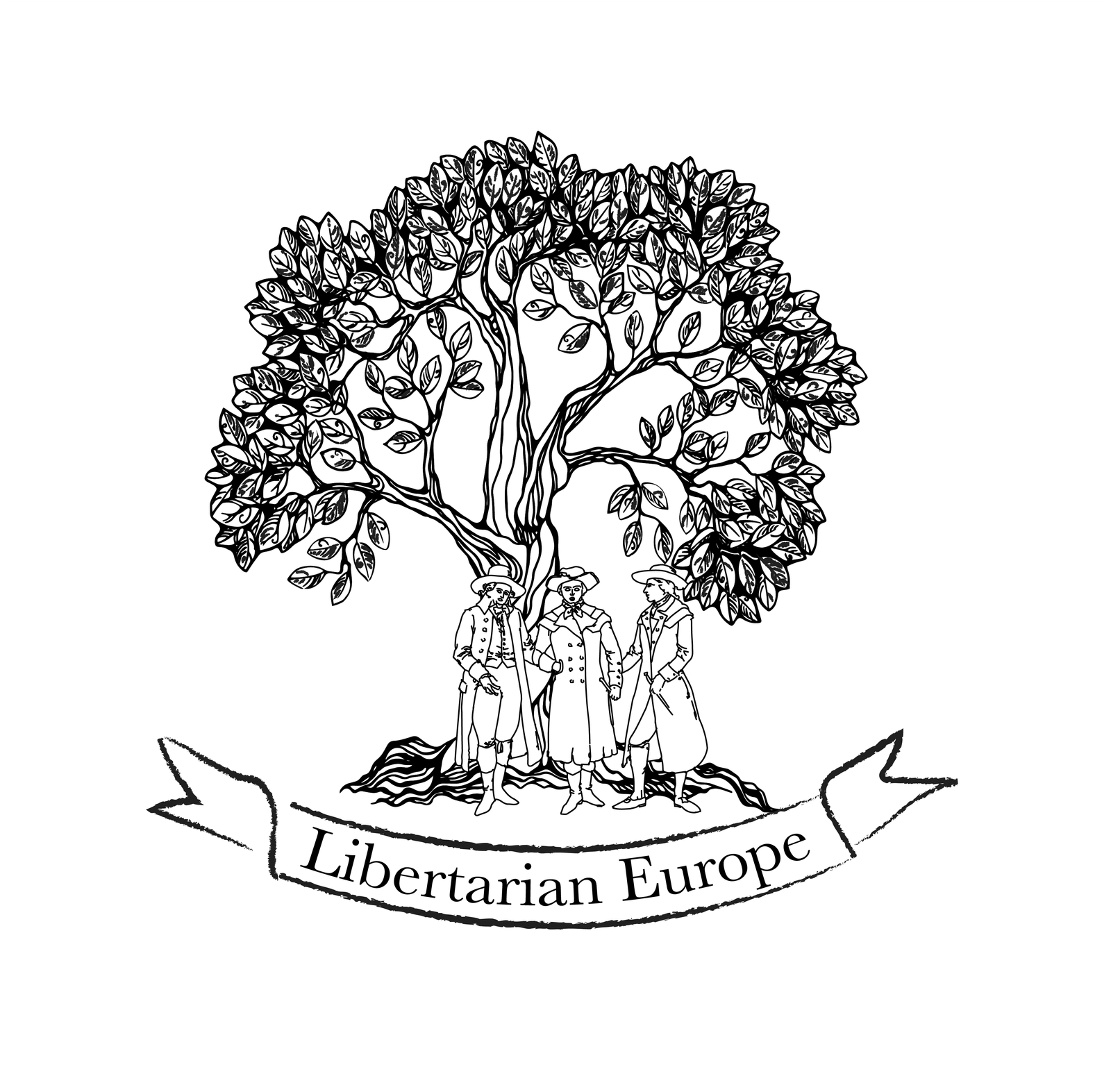
Cuba’s Economic Failures: The Embargo Demystified
Leftists love to use the United States embargo to justify Cuba’s misery instead of acknowledging that socialism is an inherently flawed economic system that is doomed to fail.
To find excuses for the inherent failures of their economic system, socialists have been using a mental defence mechanism known as rationalisation. They disregard the objective reality of empirical evidence and records of failure from socialist experiments worldwide, and more critically, ignore the economic laws based on fundamental axioms of human action known a priori (i.e., independent of experience).
Rationalisation, in psychology, is an ego defence in which apparently logical reasons are given to justify bad behaviour.
The tendency to find excuses for the failure of socialism serves as a defence mechanism that aims to maintain the belief in the ideology despite evidence of its practical shortcomings.
This process is a self-justification and by rationalising, individuals protect their ideological commitment and avoid cognitive dissonance, which is the mental discomfort experienced when holding contradictory beliefs or when confronting information that challenges their world view.
Rationalisation also acts as a means of preserving identity, as ideological beliefs are closely linked to personal and group identity. Thus, rationalising helps them to maintain this identity by defending against threats to their socialist belief system.
It is important, then, to deconstruct the leftist rationalisation and critically examine the Cuban case to understand the true causes of their problems. Only then can we seek effective solutions and use the Cuban example, along with other socialist cases, to reduce unethical human suffering caused by poor policies.
Not an isolated island
The United States embargo against Cuba was first imposed partially (on the sale of arms) in 1958, when Fulgencio Batista was still the ruler the Caribbean Island. In 1960, nearly two years after the Cuban Socialist Revolution that installed the government of Fidel Castro, the US placed another embargo on exports to Cuba as a response to the nationalisation without compensation of US-owned Cuban oil refineries, and in 1962 the embargo was expanded to encompass nearly all exports. The embargo is still going on and it is the longest embargo in modern history.
However, unlike what is parroted by the never-changing left-wing narrative, trade-wise, the American embargo has always failed to asphyxiate the Cuban regime. Castro’s Island has consistently traded with other nations. From the 1960s to the 1980s, during the Cold War, the Soviet Union was Cuba’s largest trade partner. After the collapse of the Soviet Union, Cuba’s main trade partners became Spain, Canada, and China throughout the 1990s.
In the 2000s, Cuba formed new alliances with countries governed by the far-left in Latin America, such as Venezuela and Brazil, the latter being a significant funder of the infrastructure in the Revolutionary Caribbean island.
American allies such as Canada and Spain are not isolated in the list of countries that have been trading with Cuba, currently the EU is its biggest trading partner, responsible for about one-third of foreign trade on the island, more than China 8% and Russia, also 8%.
Indirect access to US goods
One might argue that, as the world’s largest economy, the US has a disproportionate impact. Despite many other countries, including US allies, trading with the Marxist Caribbean state, it is the embargo that is chiefly responsible for its economic struggles.
However, it is not true that the Socialist Island does not have access to US goods. Essentially, Cuba has access to American made goods via third countries. Goods produced in the US often reach the island indirectly through third countries. Products manufactured in the US might be sold to a European or Latin American company, which then exports them to Cuba.
It is not uncommon to spot brand new American cars in certain districts of Havana and the purchase of cars in the United States that were exported to Cuba exceeded 5 million US dollars in February 2024.
Re-exports also happen and in this particular case, some countries purchase US goods and then re-export them to the socialist Caribbean dictatorship, managing to bypass the US embargo.
Cuban import restrictions
While socialists often describe the Caribbean Island nation as an oppressed victim suffering under the US embargo—implying that Cuba is desperately awaiting a flood of US goods and that it is merely a free paradise of imports waiting for the ‘evil’ US imperialist regime to lift trade restrictions—the reality is that the Castro family government tightly controls imports.
The Cuban government exercises strict control over imports through various mechanisms. The state monopoly on foreign trade means that nearly all goods entering Cuba are imported by state-owned enterprises. This centralised control allows the government to regulate the availability of goods to the public according to the interests and plans of the Cuban political and bureaucratic castes.
The greatest incoherence
Incoherence is very common in the leftist thinking that is frequently devoid of rationality. The more you interact with left-leaning individuals, the more you consume and understand left-wing literature, the more you realise how their narratives and hypothesises are full of inconsistencies.
It is ironic to say the least that socialists and communists have been complaining for decades about a commercial embargo on the Caribbean socialist nation that has a centrally planned economy and whose means of production are controlled by the State, the ideal model of a functioning socialist society according to their theory.
This scenario, however, also presents a paradox that needs to be highlighted, where socialists complain about a statist act; the embargo itself, which is an intervention by the U.S. government, making it an act of statism.
Socialism has always advocated for a centrally planned economy and state control of the means of production; this is the cornerstone of the economic organization within the socialist model.
Ultimately, this entire narrative against the embargo from the left suggests that the socialist model depends on commerce and goods produced by the capitalist system, particularly from the United States, which is seen by them as the ultimate symbol of capitalism that they believe must be entirely dismantled.
This only demonstrates how fragile the socialist model is. Even when the world had its peak socialist period in the 20th century, when the USSR was still heavily backing Cuba, Castro’s Island was already going through economic hardships and socialists and communists already complained about the embargo, with figures like Che Guevara complaining about it back in 1964.
A model doomed to fail
The economy of Cuba never failed because of the embargo. The Cuban government always found work-arounds to have access to goods that were made in the US and alternative goods made in other countries, both part of the socialist bloc and the US allies.
The argument that their economy struggled because it once relied on US goods and was historically based on US industry no longer holds after more than six decades of Socialist Revolution. During this time, they have traded with other partners, formed economic alliances with other nations, received billions in funding from allies that they are unlikely to ever repay, and had ample opportunity to reform their economy entirely, adopting alternatives that were not US-manufactured. Yet, they still struggle, facing the same issues of every other socialist country.
Cuba fails economically because of the problem of the economic calculation in a socialist commonwealth that has been demonstrated by the Austrian Economist, Ludwig von Mises in his work Economic Calculation in the Socialist Commonwealth.
Mises points out that without ownership, there is no exchange. Without exchange, there are no prices. Without prices, there is no economic calculation. Without economic calculation, production decisions are made in the dark. When that happens, basic needs go unmet.
The Caribbean Marxist Island’s issue is an internal one. The totalitarian Caribbean archipelago always faced shortages for the reason above mentioned, like other socialist countries in times of central planning, such as North Korea, USSR, Venezuela, Yugoslavia, East Germany, China and others.
Socialists prefer to continue tilting at windmills, rather than acknowledging the inherent flaws in their economic model. It is unfortunate that their allegiance to the socialist ideology far outweighing their grasp on reality.
Cuba, like any nation embracing socialism, faces a bleak future. Its citizens will endure the suffering brought on by shortages and economic hardship as long as their rulers keep on imposing this failed model.
Only when these socialist nations abandon their centrally planned economies in favour of market-based economic systems will their people see brighter days and true prosperity. Until then, the systemic inhuman rampage will continue to go on indefinitely.

